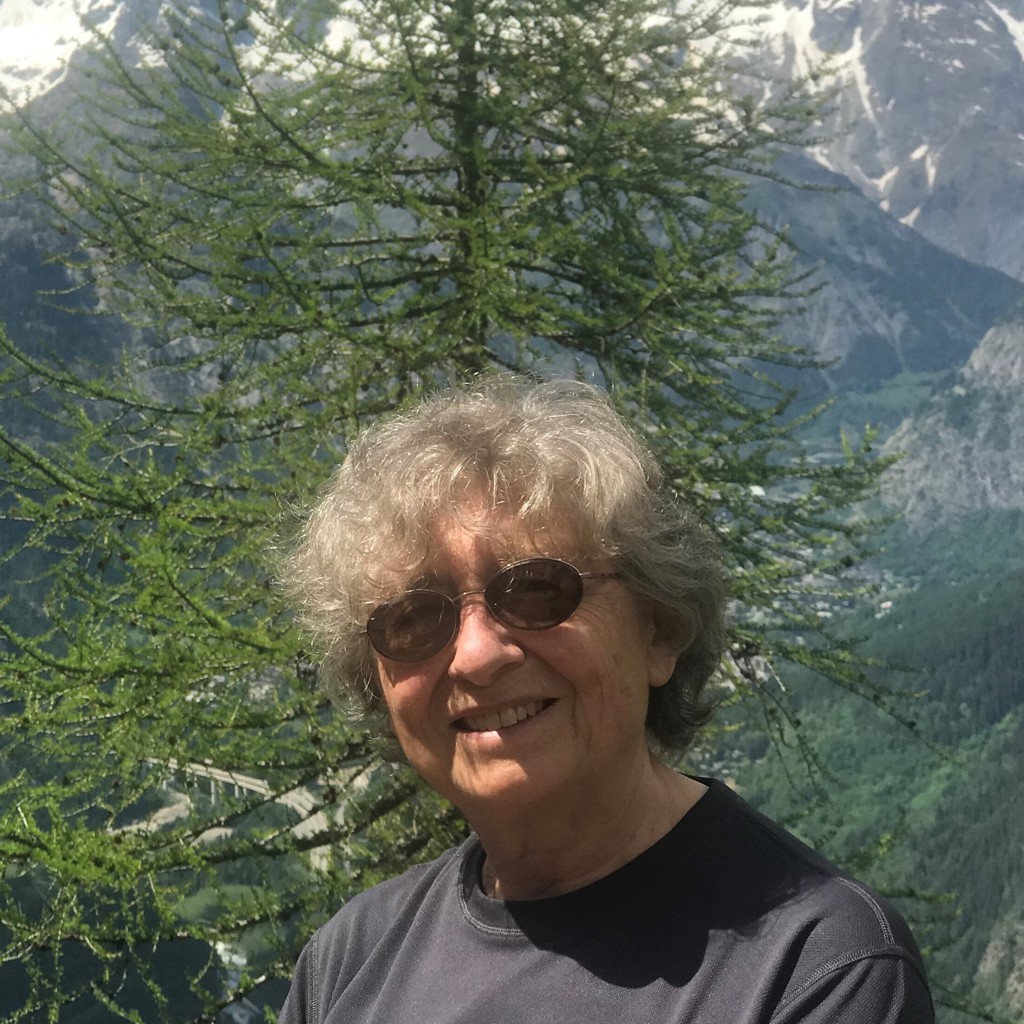Roberta Ramponi
Politecnico di Milano, ItalyFor leadership in the promotion of optics and light-based technologies, and outstanding contributions to photonics innovation in Europe.

Roberta Ramponi was a curious child and always dreamed of a career in science. As she grew up, she became interested in physics because she thought it was “the best subject to try to understand how the natural world works…what we are made of, what the world is made of, everything.” She studied physics in school and found light to be one of the most beautiful phenomena to explore. Roberta says that there are so many things that can be done with light, and that is what keeps her inspired. Experimental physics has always been appealing to her, despite her family initially warning her on the low probability of finding a job. They suggested she might want to pursue engineering or some other field with more direct applications. However, they recognized her interest and supported her, saying, “the important thing is that you study and do something you like.” Roberta keeps this advice close at all times and encourages everyone she meets to do the same: “That’s the first point to succeed. If you don’t like what you do, it will be much, much harder.”
Roberta had terrific mentors throughout her career who encouraged and believed in her. From them, she learned how to be a better scientist and find a balance between work and personal life. She comments, “a career in science [and research] is kind of strange because it is so fascinating. This also means that you never stop thinking of what you are [working on] because you like it so much.” Roberta learned from her mentors and her own experience that taking a break can usually make your work much better. Breaks allow you to be more concentrated when you return, and this is an essential point.
In addition to finding the balance between work and personal life, Roberta finds that not being too axiomatic is also essential. What you believe to be true, at some point might turn out to be wrong, or to be true only under limited circumstances. This philosophical impact of physics, and modern physics in particular, is another aspect that she finds fascinating. Indeed, learning and understanding the uncertainty principle from Werner Heisenberg was vital for her approach to science. The principle teaches us that there is uncertainty intrinsic in measuring phenomena. When you go deep enough into certain phenomena, things are just probability, and when you measure some variable, you are actually perturbating the system. She says, “You will never finish…not because you are not able, but because of this uncertainty principle.” For some, this can be frustrating, but Roberta sees this as a way to keep her curiosity alive and to have a healthy approach to studying natural phenomena.
Early in her career, Roberta worked in a lab developing new instruments for biomedical optics by combining time resolution with imaging or spectroscopy. This experience taught her that instead of focusing or specializing in one technique, “combining different approaches and solutions is the way to make a difference.” Today, she continues to diversify and is most excited about the potential of combining quantum technologies with photonics. This new field has opened a new perspective in science and application. It is also very challenging, she notes, saying, “there is nothing intuitive in quantum physics,” but this somehow hearkens back to her love of the uncertainty principle. This anti-intuition is what makes the field so fascinating.
Roberta’s favorite part of the research process is actually the process itself. In the early stages, she enjoys learning about the new topic, asking questions, and feeling her curiosity lead her in new directions. Then, in the development stage, she loves working to find a useful or applicable solution. Near the end, she says it is always exciting to find a solution that works. She is driven by the desire to “contribute, at the end, to shape a better world for the next generations.” Throughout the process, she says that you can’t do it alone. The shared experience of discovery through to the solution is essential and collaborating is what you need to succeed.
Her advice to young scientists is to “be curious and follow your dreams and imagination.” Science is a difficult, however very rewarding field, and one must not give up at the first difficulty. To young women interested in science, she says, “Be self-confident and assertive. Find your place and claim it.” If you believe in yourself, others will too.
Photo Credit: Roberta Ramponi
Profile written by Samantha Hornback
